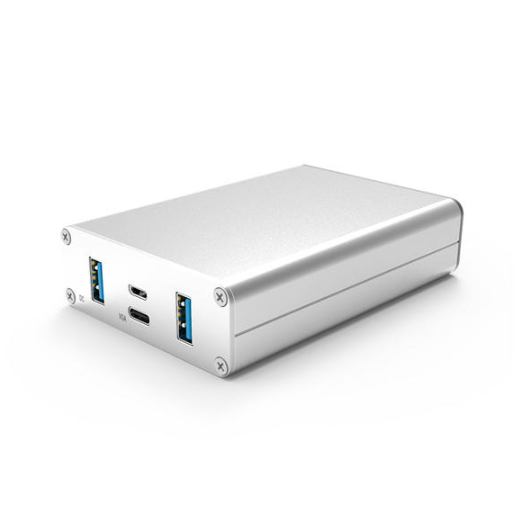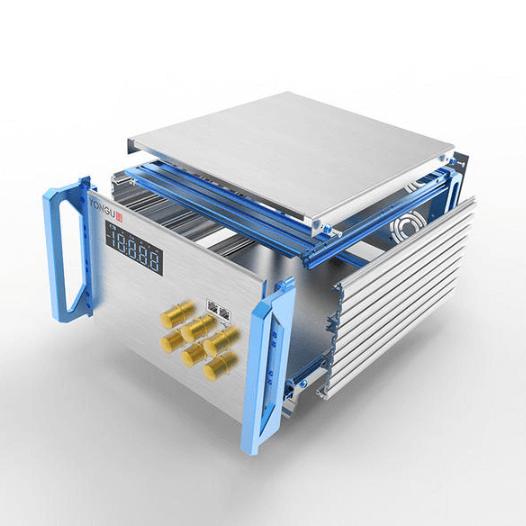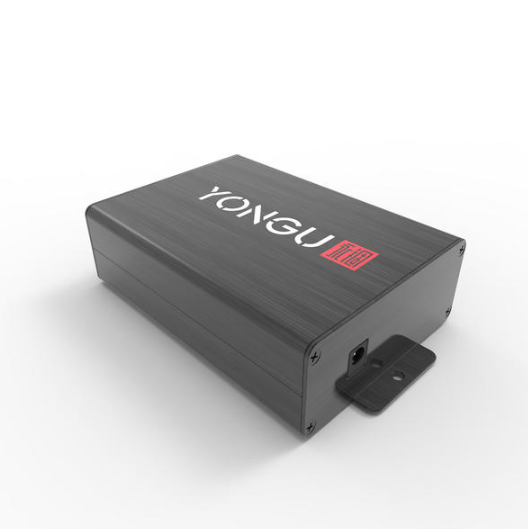Electrical junction boxes may seem like inconspicuous components of a wiring system, but they play a crucial role in ensuring safety and functionality. Here, we delve into some frequently asked questions about these boxes to provide clarity and guidance. In this post, the author would guide you to know about the electrical junction boxes.
Junction boxes play a critical role in electrical systems, serving as protective enclosures for the connections between electrical wires. Their importance lies in several key functions:
Junction boxes play a critical role in electrical systems, serving as protective enclosures for the connections between electrical wires. Their importance lies in several key functions:
Safety and Protection
Junction boxes shield electrical connections from external elements such as moisture, dust, accidental contact, or physical damage. This protection is vital to prevent electrical shocks, short circuits, and potential fires that could arise from exposed or compromised wiring.
Containment and Organization
They provide a secure and organized space to contain wire connections, preventing tangling or entwining of wires that could lead to malfunction or hazardous situations. This containment ensures that wires are neatly arranged and safely housed within a designated space.
Facilitating Troubleshooting and Maintenance
Junction boxes offer a centralized location for electrical connections, making it easier to troubleshoot and maintain the system. In the event of an issue, having connections in one accessible location simplifies the process of identifying and addressing problems.
Compliance with Electrical Codes
Electrical codes and regulations mandate the use of junction boxes in wiring installations. Their use ensures that installations meet safety standards and comply with local building codes, providing assurance that the electrical system is installed correctly and safely.
Preventing Overloading
They prevent the overloading of electrical circuits by providing space limitations. Junction boxes come in various sizes, and selecting the appropriate size for the number of connections helps avoid overheating and potential damage caused by excessive electrical load.
Does a Junction Box Need to Be Covered?
Absolutely. Keeping a junction box covered is essential for safety and compliance with electrical codes. A cover shields the electrical connections from accidental contact, physical damage, and dust accumulation.
It’s vital to use appropriate covers that are compatible with the box type and rated for the environment they’re installed. Uncovered junction boxes pose serious risks and are not in line with electrical safety standards.
It’s vital to use appropriate covers that are compatible with the box type and rated for the environment they’re installed. Uncovered junction boxes pose serious risks and are not in line with electrical safety standards.
How Many Junction Boxes Do I Need?
The number of junction boxes required depends on the complexity of the electrical system and the number of connections needed. It's crucial to plan the layout carefully to ensure proper distribution of power and access for maintenance.
Ideally, each major branching point or where wires intersect should have a dedicated junction box. Consulting with a qualified electrician can help determine the optimal placement and quantity of junction boxes for your specific needs.
Ideally, each major branching point or where wires intersect should have a dedicated junction box. Consulting with a qualified electrician can help determine the optimal placement and quantity of junction boxes for your specific needs.
Are Electrical Junction Boxes Safe?
When installed correctly and used in accordance with electrical codes, junction boxes are indeed safe. However, safety can be compromised if the boxes are overloaded with too many wires or if the installation is done improperly.
Using the right size and type of junction box for the intended application, following proper wiring techniques, and ensuring secure connections are essential for safety. Regular inspection and maintenance also contribute to ensuring the ongoing safety of electrical junction boxes.
Using the right size and type of junction box for the intended application, following proper wiring techniques, and ensuring secure connections are essential for safety. Regular inspection and maintenance also contribute to ensuring the ongoing safety of electrical junction boxes.
Conclusion
Electrical junction boxes are indispensable components that contribute significantly to the safety and functionality of electrical systems. Their proper installation, covering, and adequate quantity ensure not only compliance with regulations but also reduce the risk of electrical hazards.
For any electrical work involving junction boxes, seeking advice from a licensed electrician is always recommended to guarantee a safe and reliable electrical setup.
For any electrical work involving junction boxes, seeking advice from a licensed electrician is always recommended to guarantee a safe and reliable electrical setup.






